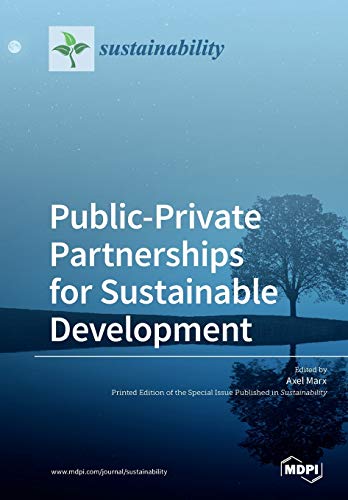

Most ebook files are in PDF format, so you can easily read them using various software such as Foxit Reader or directly on the Google Chrome browser.
Some ebook files are released by publishers in other formats such as .awz, .mobi, .epub, .fb2, etc. You may need to install specific software to read these formats on mobile/PC, such as Calibre.
Please read the tutorial at this link: https://ebookbell.com/faq
We offer FREE conversion to the popular formats you request; however, this may take some time. Therefore, right after payment, please email us, and we will try to provide the service as quickly as possible.
For some exceptional file formats or broken links (if any), please refrain from opening any disputes. Instead, email us first, and we will try to assist within a maximum of 6 hours.
EbookBell Team

4.8
74 reviewsVoluntary sustainability standards (VSS) and other private governance instruments (e.g., Fair Trade, Forest Stewardship Council, Fair Wear Foundation, GLOBALGAP) are increasingly regulating global production processes and economic activities. VSS verify the compliance of products or production processes with sustainability standards. The importance of voluntary sustainability standards is now widely recognized. After being operational for more than two decades, they have established themselves as private governance instruments. This recognition is also exemplified by their integration in public regulatory approaches. Governments and international organizations are partnering with voluntary sustainability standards to pursue sustainable development policies. We witness the integration of VSS in the regulatory approaches of local and national governments in countries around the world, the integration of VSS in trade policies, the emergence of public-private initiatives to govern global supply chains, and the inclusion of private initiatives in experimentalist governance regimes.
This book seeks to bring together research on the interface between private and public governance. We welcome contributions which analyze specific case studies on the emergence and development of these private-public interactions, the design of public-private governance, the effectiveness of these governance arrangements, and critical perspectives on the possibilities and limitations of such public-private forms of governance. We welcome multi-disciplinary perspectives including contributions from economics, political science, law, sociology, geography, and anthropology. Papers selected for this Special Issue are subject to a peer review procedure with the aim of rapid and wide dissemination of research results, developments, and applications.